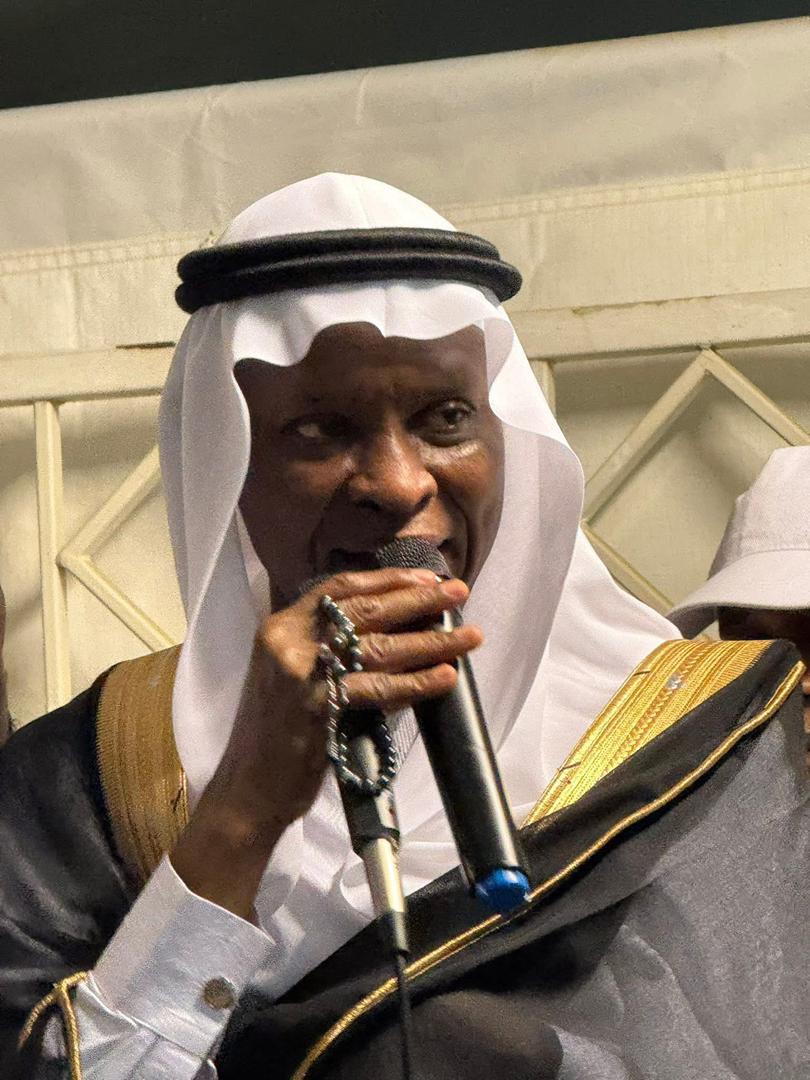By Ibrahim Adam
In the sacred valleys of Mina, where millions gather seeking divine mercy, something unusual happened.
It wasn’t the rituals or the crowd—it was the sight of a Nigerian governor moving quietly from tent to tent, pressing warm greetings into pilgrims’ palms alongside 250 Saudi Riyals, and whispering “Barka da Sallah” like a father would to his children.
That governor was Abba Kabir Yusuf of Kano State. And for the over 3,345 Kano pilgrims under his care, this was more than a religious journey—it became a deeply human experience of being seen, valued, and loved.
“He walked with us,” said Alhaji Musa from Gwale, his voice trembling with emotion. “Not as a politician. As one of us. As a brother.”
A Leader Who Showed Up
Governor Yusuf’s Hajj story didn’t start in Saudi Arabia. Months earlier, in Kano, he stood before hundreds of hopeful pilgrims and made a promise:
“We will not let the burden of cost block your path to the House of Allah.”
Initially, he pledged 200 Saudi Riyals per pilgrim. But upon arrival in the Kingdom, he increased it to 250 Riyals, further surprising the pilgrims with a gesture that felt both generous and personal.
When currency instability threatened the Basic Travel Allowance, he released over ₦376 million in emergency support to ensure each pilgrim received their full $500.
“He didn’t leave us at the airport. He followed us to Makkah, to Mina, to Arafat,” said Hajiya Rabi from Dala.
“He came before everyone, inspected our hotels, tasted our meals, asked about our beds.”
He wasn’t just preparing for the cameras. He was preparing for the people.
In Mina, a Governor Turned Father
Under the scorching Saudi sun in Mina, where sleep is brief and emotions run high, the governor emerged quietly with his team a day after Eid.
No sirens. No announcement. Just warmth.
He moved from tent to tent, personally distributing 250 Riyals to every single Kano pilgrim—3,345 in total. The joy was instant. The emotion, overwhelming.
“When he announced the money, I started crying,” said Hajiya Safiya, an elderly widow from Dawakin Tofa.
“I didn’t expect him to even visit, let alone remember us.”
It wasn’t just about the money. It was the humility of the gesture. The human touch.
Three Square Meals and a Human Connection
For many pilgrims, this was also the most comfortable Hajj they had ever experienced—not in luxury, but in dignity.
• In Makkah, pilgrims received two hot meals daily.
• In Mina and Arafat, where pilgrims often struggle for food, they enjoyed three full meals per day—fresh, consistent, and culturally familiar.
And it wasn’t just the quality of the food. Meals were brought directly to the pilgrims’ doorsteps—ensuring no one was left out or delayed.
This small but thoughtful gesture meant every pilgrim ate on time and with ease.
“I have been to Hajj before,” said Malam Bala, a retired teacher.
“But this time, I was never hungry. I didn’t fall sick. I felt cared for.”
The governor’s presence ensured clean toilets, mobile clinics, and direct coordination with Saudi authorities to ease the movement of pilgrims—especially the elderly.
Words of Guidance, Not Just Gifts
Even amid his generosity, Governor Yusuf remained focused on purpose. He addressed pilgrims in a heartfelt sermon, urging them to pray for peace in Nigeria and to uphold Kano’s good name.
“You are not just here for yourself,” he said.
“You are here for your family, your state, your country. Conduct yourself with humility. Saudi law is strict—stay away from anything suspicious.”
His warning was gentle but firm. His tone—not that of a boss, but of a leader who cares enough to correct you with love.
A Memory Etched in Spirit
What made this Hajj unforgettable wasn’t just the money, the food, or the logistics. It was the presence of a leader who chose to be among his people, not above them.
“When I tell my children about Hajj 2025, I will say: ‘We went with a governor who stood by us, prayed with us, cared for us,’” said Malama Hadiza, her voice cracking.
The phrase “Ya yi mana kamar uba”—He was like a father to us—echoed from tent to tent.
Final Thoughts: A Hajj Beyond Rituals
In the end, it wasn’t the rituals alone that defined this Hajj for Kano pilgrims.
It was the tears shared, the prayers offered, the Riyals gifted—not from a government account, but from a governor’s heart.
Governor Abba K Yusuf reminded everyone watching that leadership is not about distance, protocol, or pride—it’s about presence.
About walking among your people when they are at their most vulnerable. About reminding them they are not alone.
And that—more than the meals, the money, or even the smooth logistics—is what they will remember.
He walked with us. And we will never forget.
Ibrahim Adam is a Special Adviser to the Kano State Governor on Information and Head of Hajj Media Team 2025.


